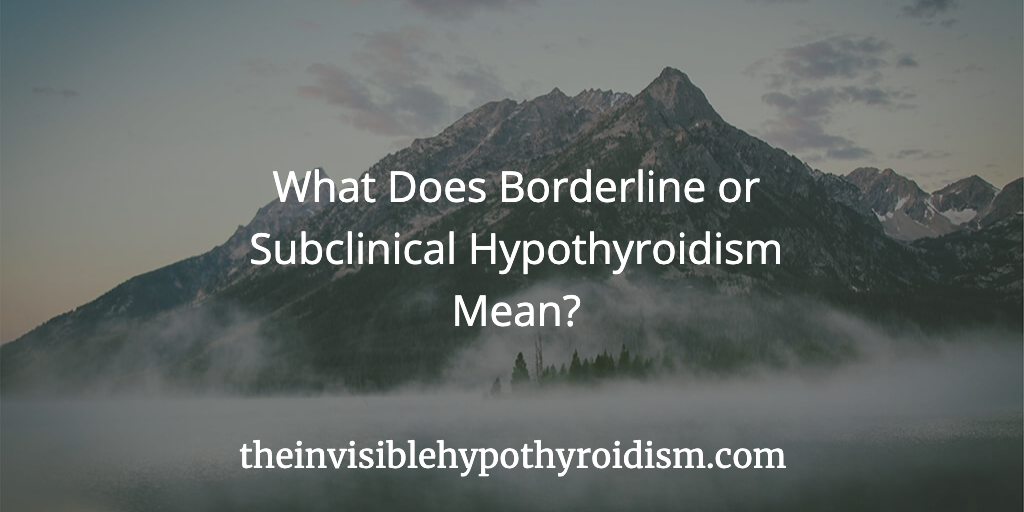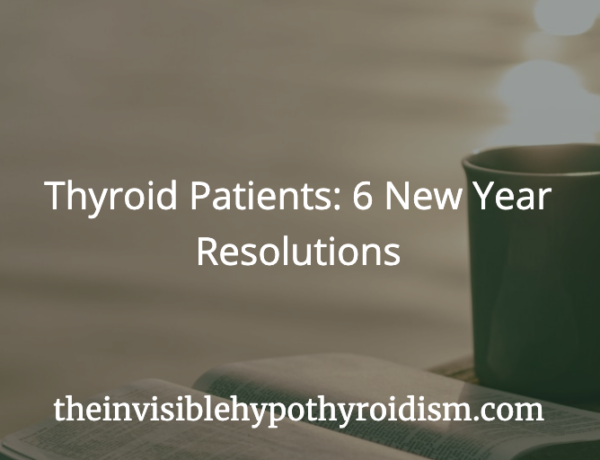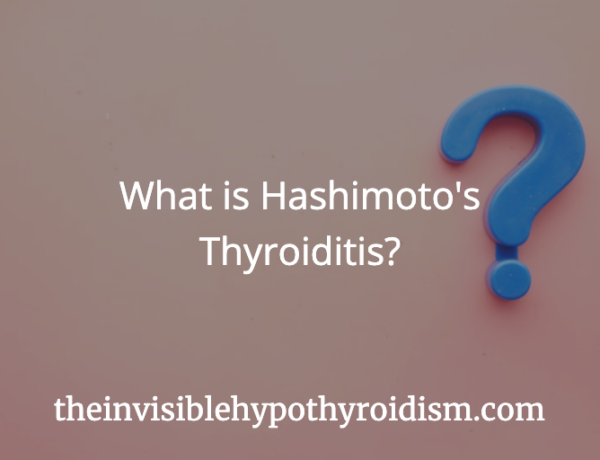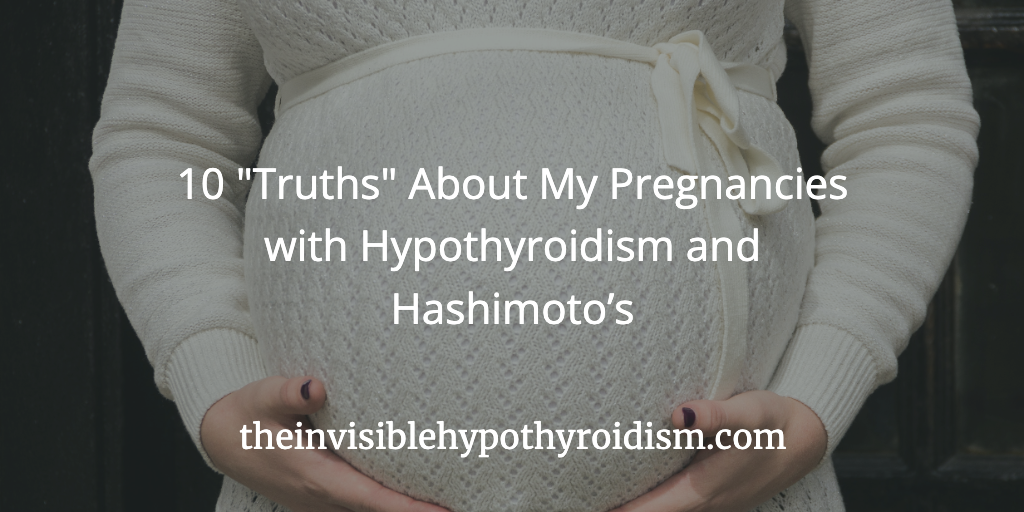Originally published on 9th July 2016 Last updated on 5th August 2024
The term ‘borderline hypothyroid’ or ‘subclinical hypothyroidism’ leaves many people untreated and ill.
Many with this diagnosis just get worse and worse with time.
My Experience of Being ‘Only Borderline Hypothyroid’
A someone who was diagnosed with a ‘borderline underactive thyroid’, I always wince at the phrase. Although my TSH test may have been borderline, my symptoms certainly were not. In fact, I was told, when at a point of barely functioning anymore, to come back in a few months time for a repeat thyroid test to be reviewed again. Because I wasn’t yet ‘bad enough’ to receive any treatment.
To no surprise, when I returned a few months later, I was feeling absolutely dreadful and I looked absolutely dreadful! By the time of the repeat test, my results were only slightly worse and still ‘mildly’ hypothyroid, but I was started on Levothyroxine, thyroid medication, to see if it helped because I complained about my symptoms for long enough. By which time, the Levothyroxine unfortunately didn’t help me anyway.
In my personal experience, the term ‘borderline hypothyroid’ was used when a doctor refused treatment, acknowledging my thyroid wasn’t performing great, but not yet bad enough to receive treatment.
You’re left in a limbo stage where, frustratingly, many people are left without any further support or guidance on their health. Some stay in this limbo for years, going back to the doctor numerous times only to be told they’re still ‘only borderline’ and refused any further help. When actually, treatment could really help them.
- See Related Posts:
“Stop Dismissing Thyroid Patients as ‘Only Borderline!”
- Does Borderline Hypothyroidism Need Treatment?
The Problem with The Phrase
The problem is that many doctors just go by TSH, a pituitary hormone, when testing thyroid function – which isn’t accurate on its own. And whilst this can only be ‘mildly’ bad, Free T3 and Free T4 levels – the actual thyroid hormone levels – can be much lower.
TSH stands for ‘Thyroid Stimulating Hormone’ and is a hormone secreted by the pituitary gland. It serves as an average read out over the previous four to six weeks of your thyroid levels but doesn’t give the most accurate view of things when used alone.
Being optimal in thyroid hormone levels can make all the difference for a lot of people, but subclinical or borderline hypothyroidism leaves many people with low levels in Free T3 and Free T4, as well as undetected high thyroid antibody levels, causing ongoing symptoms, because they are actually hypothyroid.
Also, it’s important to keep in mind that lab ranges differ from lab to lab and country to country. The inconsistency on what constitutes for ‘borderline’ hypothyroidism is wild.
Not only is going by TSH alone unhelpful when diagnosing and treating hypothyroidism, but subjecting everyone to outdated ranges is problematic since may of us see the effects of a high TSH differently.
For example, the range my doctor used was 0.5-5, and I felt very very ill at 9, which is seen as ‘just above range’, so borderline. Others have told me that they got to a TSH of 4, 50 or even 100 before feeling unwell. Therefore, we should be treated individually and more than TSH should be checked. Ranges also differ from lab to lab.
A TSH of 2 or below to reduce symptoms is recommend by many these days, so even if you’re classed as borderline with a TSH reading of 6 on a 0.5-5 range, then this can be causing you a lot of symptoms. The same goes for a Free T4 of 11 when the range is 10-20, for example.
These ranges do not take in to account where each individual feels best and doctors should be working to find this sweet spot for each patient, when they show classic hypothyroid symptoms. We’re individuals and deserve to be treated as such.
Since we didn’t have our TSH, Free T3 and Free T4 levels tested when our thyroid function was good, we don’t know our individual optimal levels, so we must work to find these.
As of January 2022, the NICE Guidance states to only consider thyroid hormone replacement medication if TSH is greater than 10 on two separate blood tests, at least 3 months apart. [1]
My TSH was at a 9, with thyroid peroxidase antibodies raging on at >1300 and symptoms debilitating every part of my life. I was barely remaining in work, I was bed bound most days by the fatigue and I had next to no quality of life. I can’t believe we are still going by such a wide range and ignoring the importance of Free T3, Free T4 and thyroid antibodies too.
If your doctor has said you are borderline or subclinically hypothyroid and is withholding treatment, despite your quality of life suffering, I am sorry.
Please consider seeing another doctor who will pay more attention to your symptoms and not just TSH alone.
You should also have a retest of any borderline TSH, Free T3 or Free T4 readings to see if they have gotten better or worse. They can occasionally get better, but for many, they get progressively worse. If you wish to order these yourself, please find a link for those in the UK here and a US link here.
It is also worth noting that Hashimoto’s, an autoimmune disease that causes about 90% of all hypothyroid cases [2], can cause TSH levels to swing, so if you still feel unwell and have blood test results that seem to get better and worse again, it’s likely you have Hashimoto’s, which definitely needs addressing. I therefore support everyone who has or thinks they have thyroid issues, to also test their TGAB and TPOAB levels. Find an online UK test here and US test here.
You can click on the hyperlinks in the above post to learn more and see references to information given.
References:
[1] https://cks.nice.org.uk/topics/hypothyroidism/management/subclinical-hypothyroidism-non-pregnant/
[2] https://www.ncbi.nlm.nih.gov/pubmed/3066320
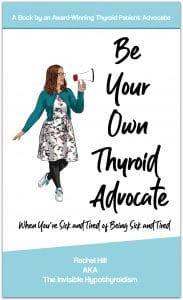
The book Be Your Own Thyroid Advocate: When You’re Sick and Tired of Being Sick and Tired by thyroid patient Rachel, which covers how she got her health back after doctors told her she was ‘only borderline’ hypothyroid.

